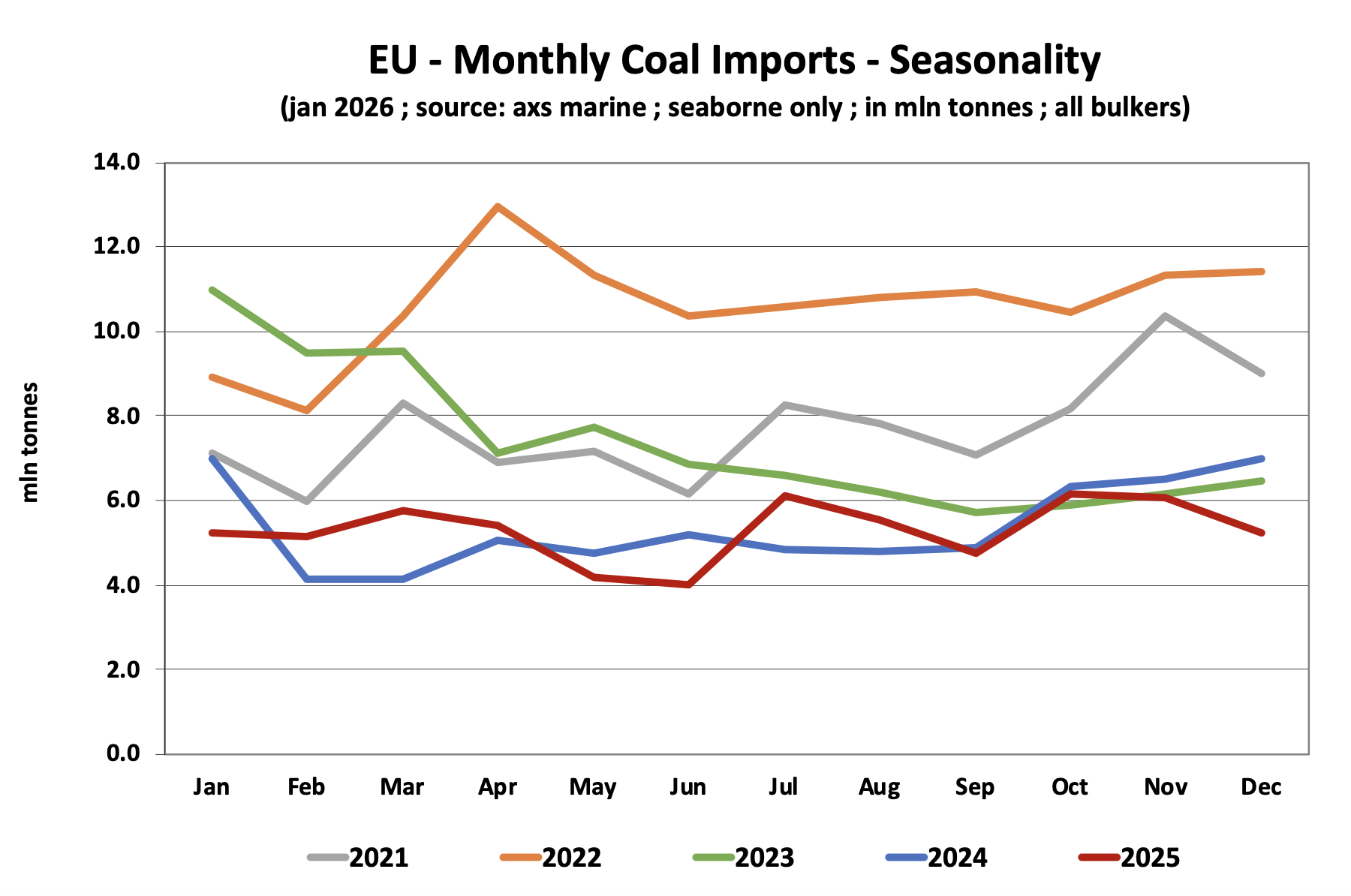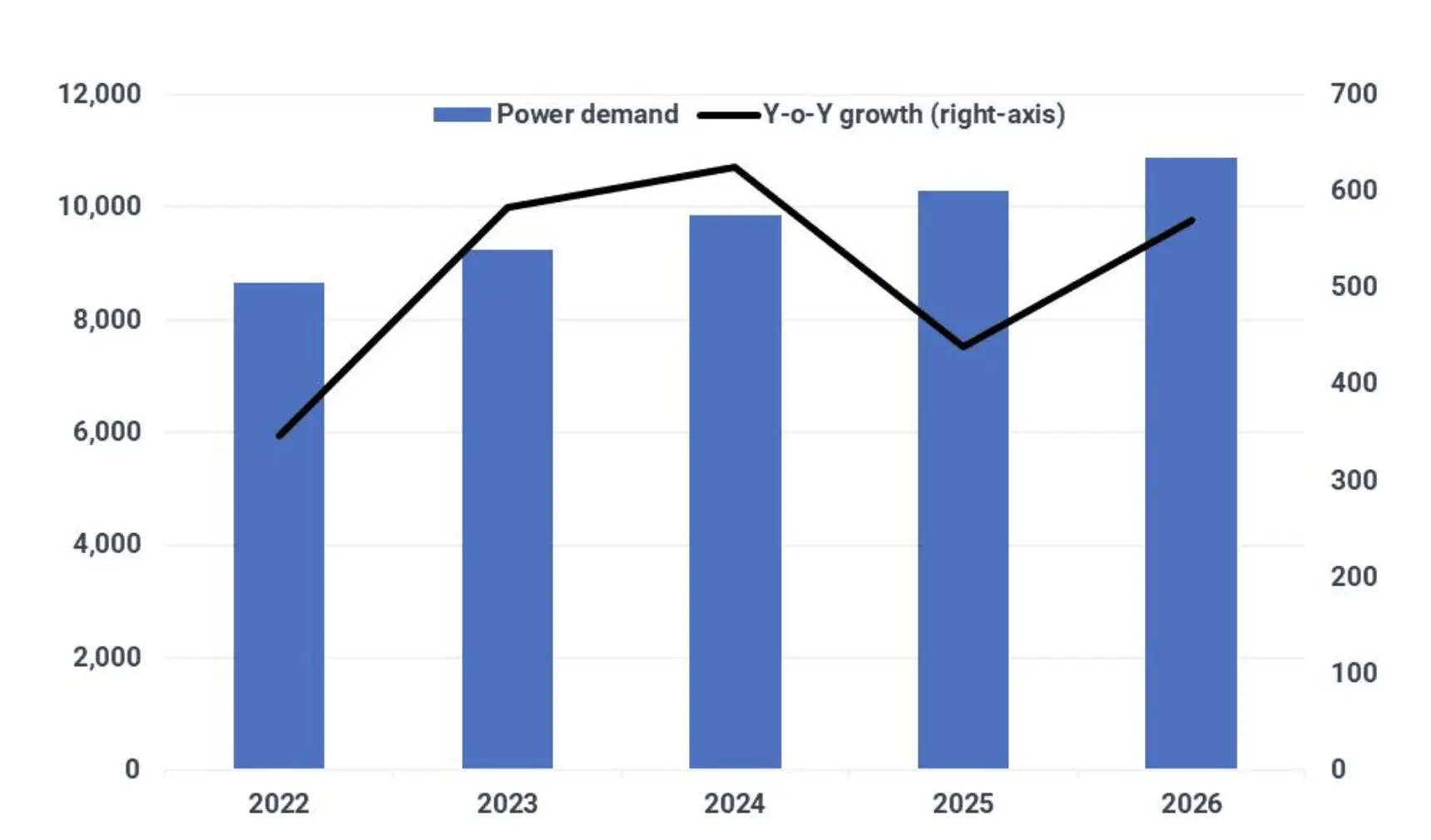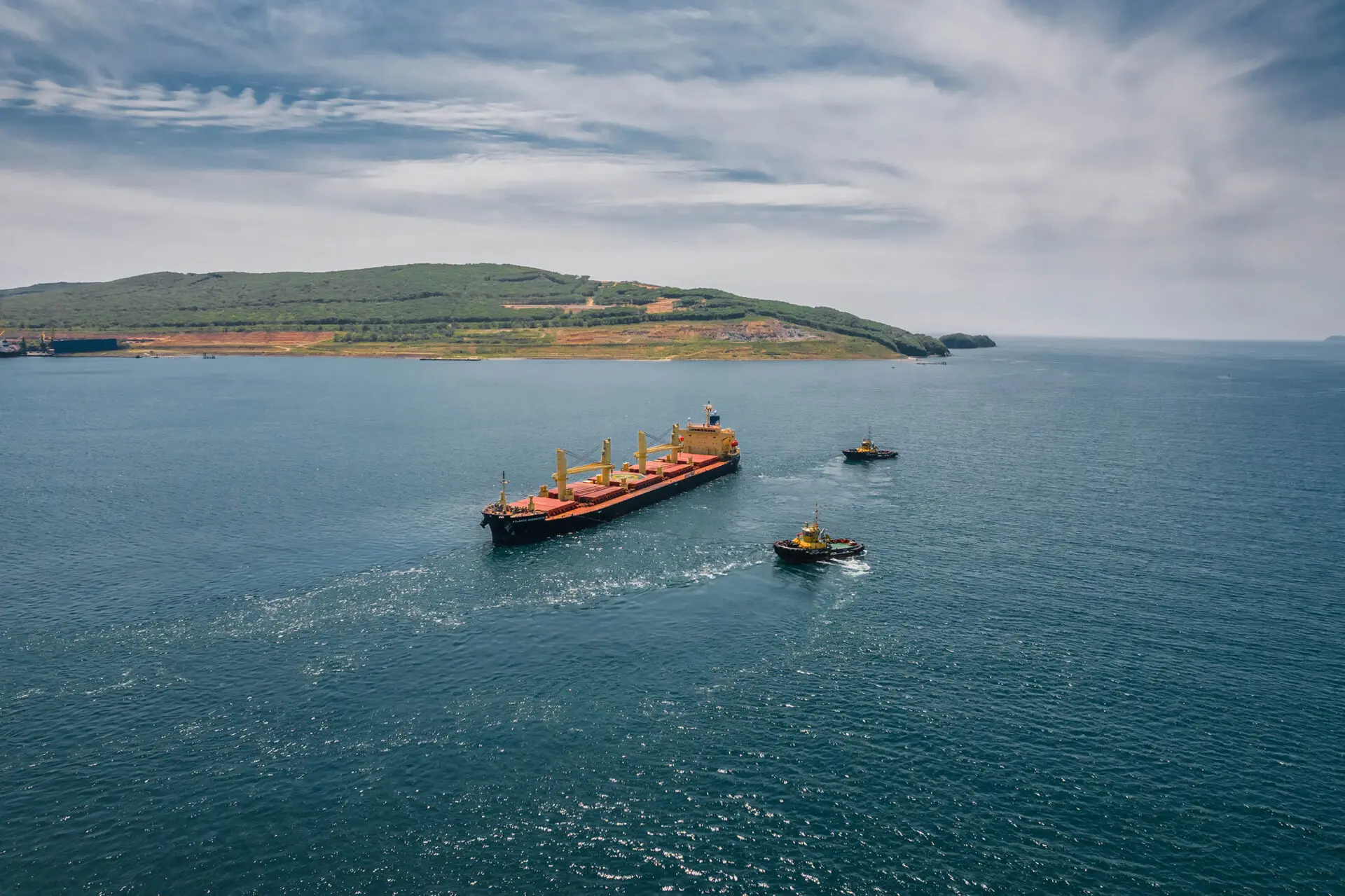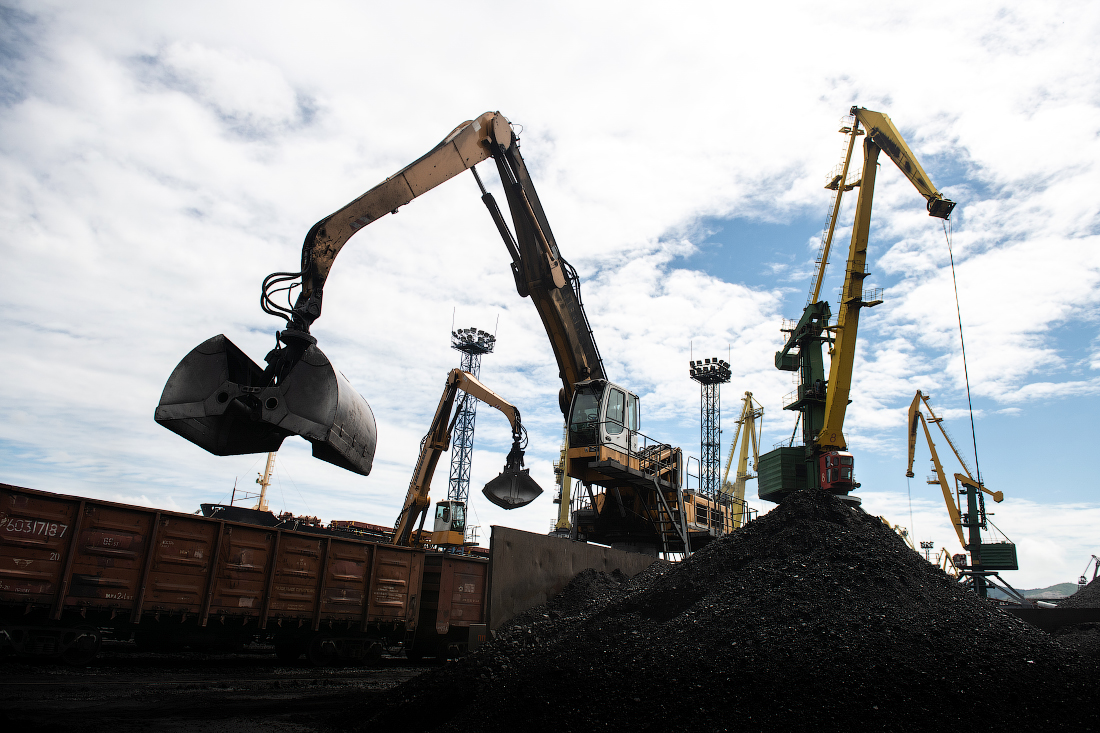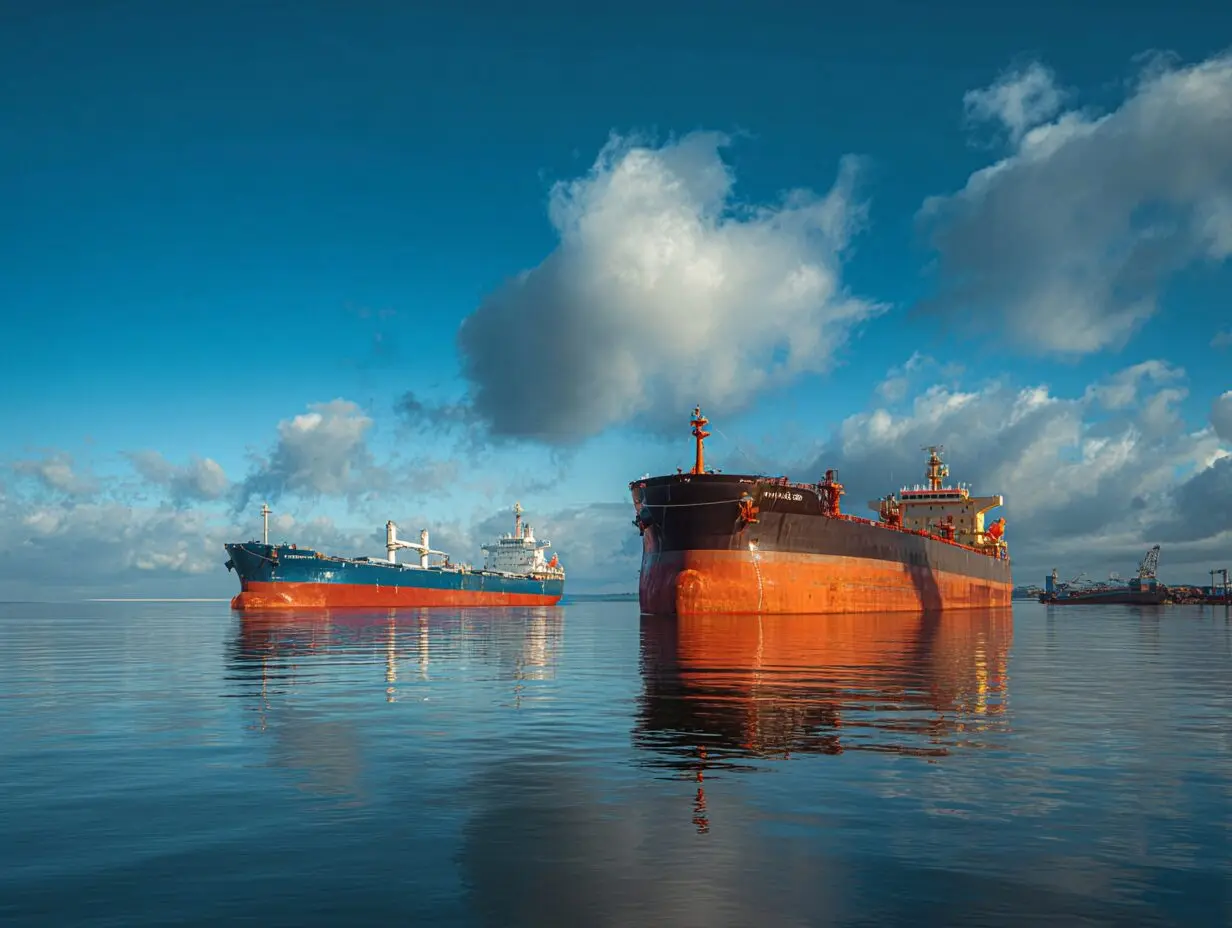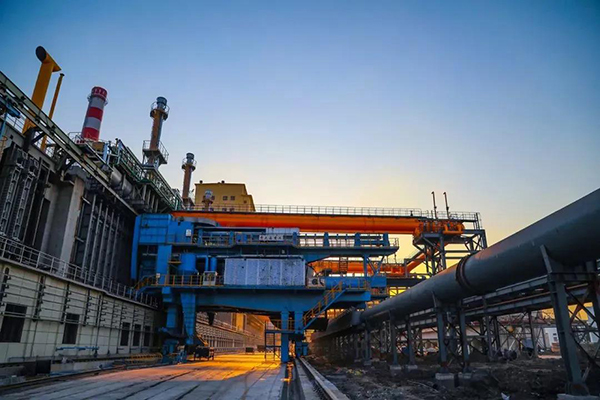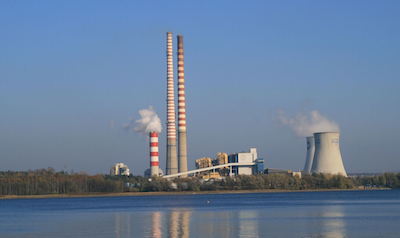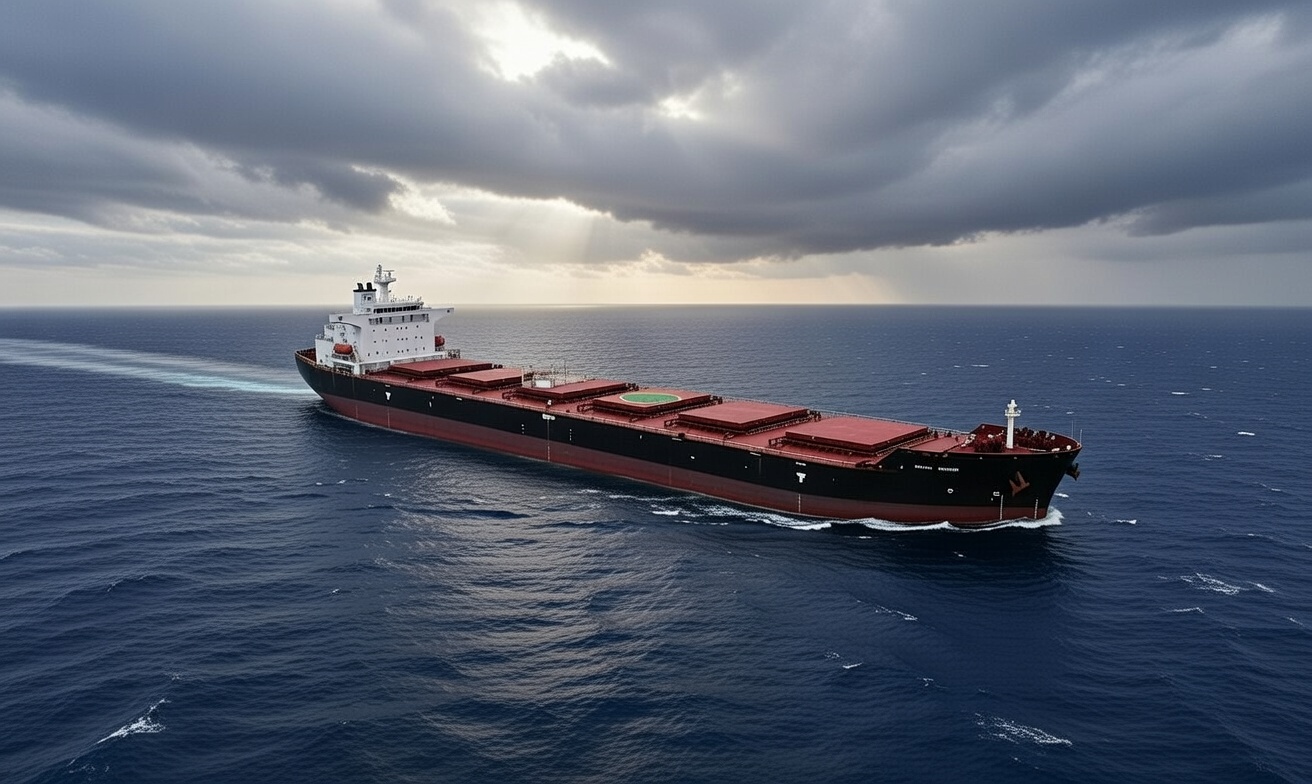
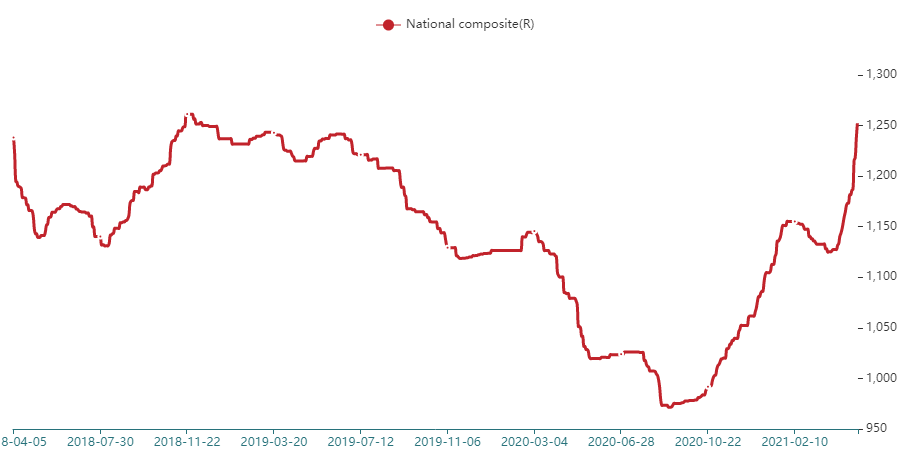
Chinese end-users have been actively replenishing coking coal recently amid the remaining healthy coking margins or rising finished steel prices, total brushing off the fact that the country’s national composite coking coal price touched its 29-month high, reaching Yuan 1,252.3/tonne ($195.2/t) including the 13% VAT on May 10, market sources noted.
The price has been strengthening since early April in reaction to the supply tightness due to the ongoing safety and environmental checks on core mining regions in China, and the price gained a total of Yuan 127.4/t in one month and a half.
Chart: China’s national composite coking coal price
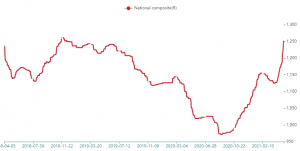
Source: Mysteel, unit: Yuan/t
The ongoing safety and environmental checks, for example, has seriously hampered operations of some miners in Shanxi in North China – the country’s top province for both coking coal and coke production, a Shanghai-based analyst shared.
“Some miners had been uncovered of producing above the designed capacities, which has been a prolonged issue and may lead to higher chances of accidents,” he said, adding several miners have been suspend operation since February because of this and the resumption date is unclear.
On top of this, environmental protection inspections in Shanxi over early April-early May have also partially impacted the province’s mining operations too including coal, he added.
The inspect found a large-sized coal mine with a 15 million tonnes/year capacity mainly for coking coal in Shanxi with serious dust and water pollution issues last month, according to a report by China’s Ministry of Ecology and Environment, though the actual impact on the mine was unknown.
China’s coking coal supply tightness is unlikely to compensated by higher imports either, as the country’s imports, instead of growing, fell by 46% on year to 11.3 million tonnes over January-March, due to the little buying from Australia since last October, Mysteel Global noted.
Last month, Mongolia’s exports of coal for all utilisation slumped 70% on month or down 36% on year to 641,000 tonnes, according to the official data, and the recent statement from China’s National Development and Reform Commission (NDRC) to “indefinitely suspend all activities under the framework of the China-Australia Strategic Economic Dialogue” has further dampened the market expectation on the resumption of the two countries’ coal trading any soon.
“Some ports in China have allowed vessels laden with Australian coal to offload out of humanitarian concerns, some market participants have been closely watching whether China will allow these cargoes to be Customs cleared,” said a market watcher from South China’s Guangdong, but “the latest NDRC comment has dashed the hope,” he added.
As of now and in the near term, China’s coking coal demand will stay buoyant, thus presenting chances for further price gains, according to the Chinese market sources.
Some end-users such as coking plants and steel mills having been booking more to stock up other than meeting the regular consumption on price rises, a Shanxi-based market source noted, and traders have joined too for speculative trading, he added.
By May 6, average coking margin among China’s 30 independent coking plants reached a seven-week high of Yuan 607/t, not too far off the assessment of rebar margin among China’s integrated steel mills at Yuan 984.5/t, both according to Mysteel’s tracking.
Besides, when the environmental protection checks are wrapped up in Shanxi, some local coke makers will be able to resume their operations, and demand for coking coal will probably increase modestly,” a second Shanghai-based analyst added.
As of May 6, coking coal stocks at both the coking plants and steel mills in China has persisted low, as the tonnage at China’s 230 independent coking plants hit a six-week high of 14.2 million tonnes, which was, however, slightly below 2020’s average at 14.5 million tonnes, and the volume will be sufficient for 17.8 days, and the volume at China’s 110 steel plants added up to 8.8 million tonnes, a six-week high but only being able to last 17.5 days, both according to Mysteel’s survey.
Source: Sean Xie & Hongmei Li, mysteel


